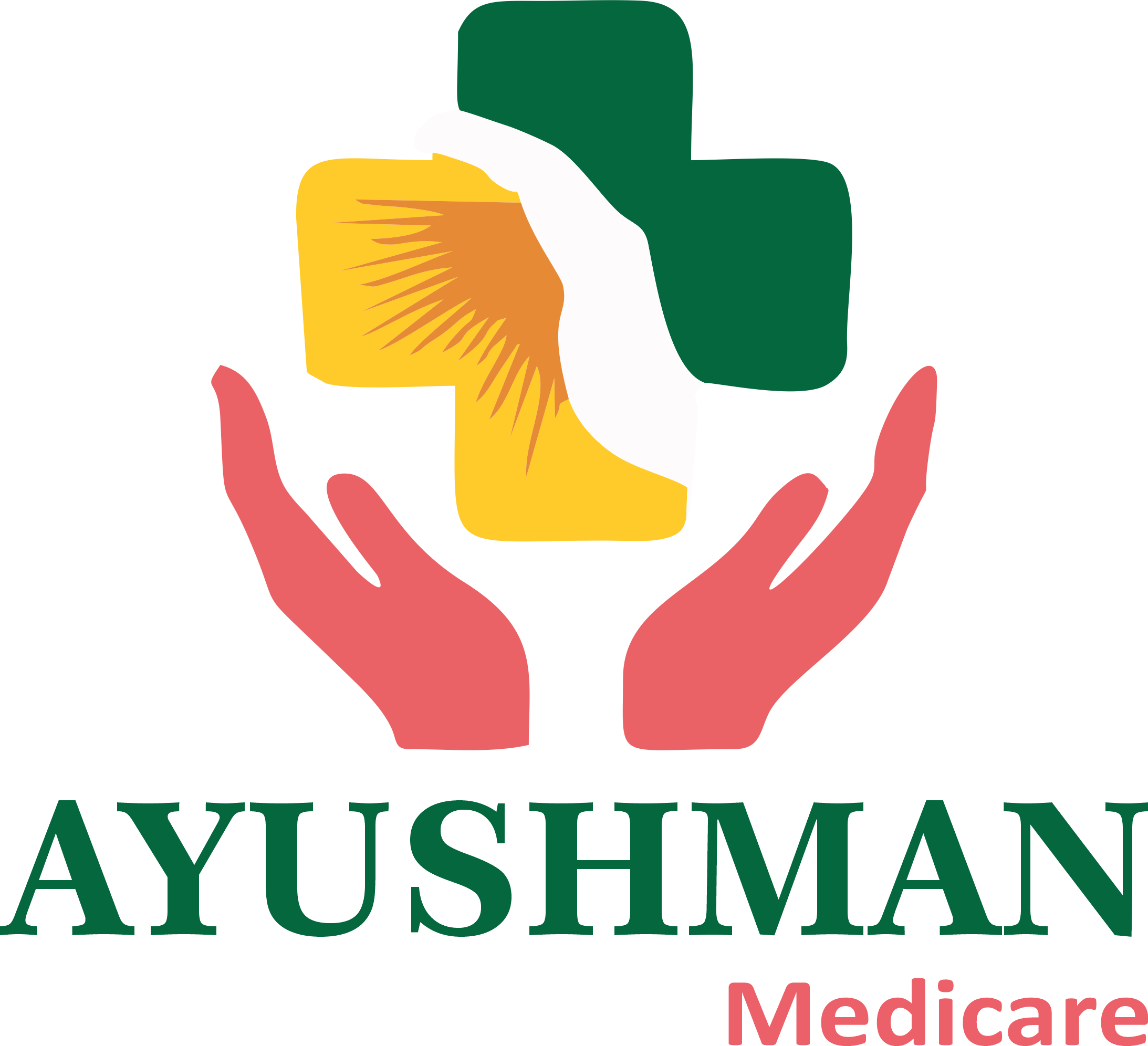Hysteroscopy

What is hysteroscopy?
Hysteroscopy is an endoscopy day care procedure to examine the uterine cavity from inside. A thin lighted instrument with camera is inserted inside the uterine cavity to diagnose any problems like polyp, fibroid, adhesions, septum, any issue in cavity shape or size and to treat it in the same sitting. It will be done under short general anesthesia.
- Diagnostic hysteroscopy :- It is done to identify the problem – any presence of polyp, fibroid, septum, adhesions etc.
- Operative hysteroscopy :- It is done to correct the problem – polyp or fibroid removal, septal resection, cutting of adhesions etc.
Why hysteroscopy?
- Diagnosis and treatment of abnormal/ Irregular bleeding per vaginum
- Infertility evaluation
- Thin endometrium
- Recurrent miscarriages
- Diagnosis and treatment of uterine shape abnormalities
- Misplaced CuT/IUCDs
What precautions before hysteroscopy?
- Require basic blood investigations
- Visit Pre or Post menstrual for process
- Need to come fasting (for 6 to 8 hours)
- Continue some medicines – thyroid, blood pressure medicine after consulting doctor on the day of surgery
What is the procedure of hysteroscopy?
-
Done under short general anesthesia
- Procedure time – 15 to 20 min (Diagnostic) and 30 to 45 min (Operative)
- Insertion of hysteroscope through vagina and cervix into the uterine cavity
- Infusion of normal saline fluid to expand the uterine cavity for better visuaslization
- Monitoring of procedure using a camera attached to the hysteroscope
- Inspection of ostia (opening of fallopian tube in uterus), uterine cavity, endocervical canal
- Performing the operative procedure if required in the same sitting
What instructions after hysteroscopy?
-
Day care procedure – Discharged after 2 to 3 hours of procedure
- Eat light food post procedure on same day
- May observe mild abdominal cramping, mild bleeding and urinary discomfort on same day
- Avoid intercourse for at least one week
What are advantages of hysteroscopy?
- Diagnostic and operative procedures can be done together
- Lesser risk of complications, Faster recovery
- Short hospital stay
- No stitches
- Can resume normal activities from next day
What are complications of hysteroscopy?
- Postoperative fever
- Fluid overload
- Perforation
- Bleeding
- Infection
- Intrauterine scarring
- Injury to cervix, uterus, intestine, bladder
- Anesthesia risks
